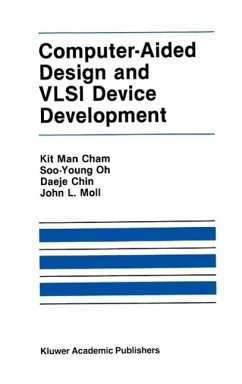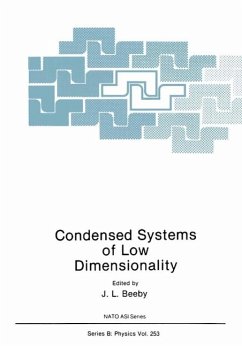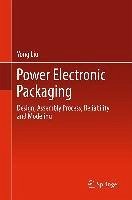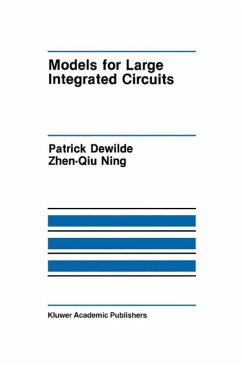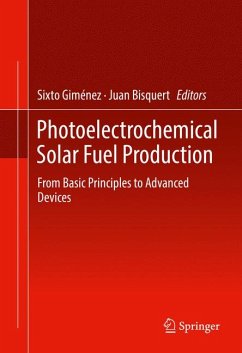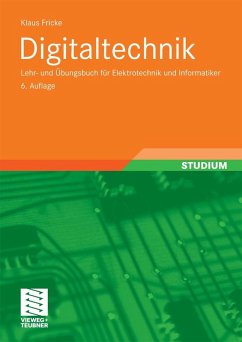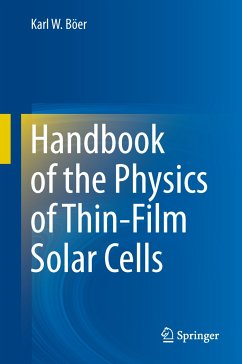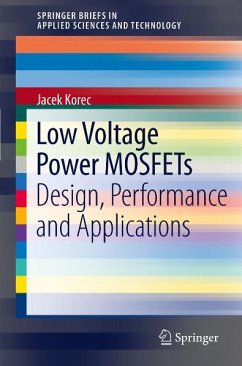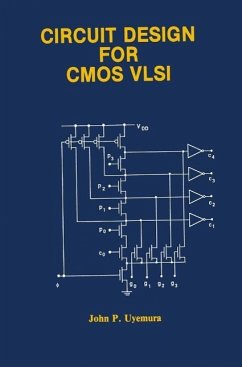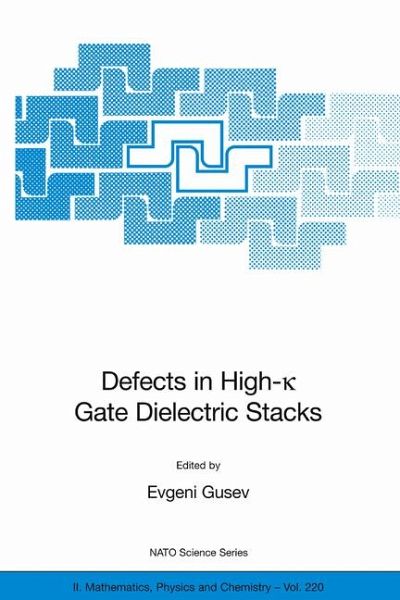
Defects in HIgh-k Gate Dielectric Stacks (eBook, PDF)
Nano-Electronic Semiconductor Devices
Redaktion: Gusev, Evgeni
Versandkostenfrei!
Sofort per Download lieferbar
160,95 €
inkl. MwSt.
Weitere Ausgaben:

PAYBACK Punkte
80 °P sammeln!
The goal of this NATO Advanced Research Workshop (ARW) entitled "Defects in Advanced High-k Dielectric Nano-electronic Semiconductor Devices", which was held in St. Petersburg, Russia, from July 11 to 14, 2005, was to examine the very complex scientific issues that pertain to the use of advanced high dielectric constant (high-k) materials in next generation semiconductor devices. The special feature of this workshop was focus on an important issue of defects in this novel class of materials. One of the key obstacles to high-k integration into Si nano-technology are the electronic defects in hi...
The goal of this NATO Advanced Research Workshop (ARW) entitled "Defects in Advanced High-k Dielectric Nano-electronic Semiconductor Devices", which was held in St. Petersburg, Russia, from July 11 to 14, 2005, was to examine the very complex scientific issues that pertain to the use of advanced high dielectric constant (high-k) materials in next generation semiconductor devices. The special feature of this workshop was focus on an important issue of defects in this novel class of materials. One of the key obstacles to high-k integration into Si nano-technology are the electronic defects in high-k materials. It has been established that defects do exist in high-k dielectrics and they play an important role in device operation. However, very little is known about the nature of the defects or about possible techniques to eliminate, or at least minimize them. Given the absence of a feasible alternative in the near future, well-focused scientific research and aggressive development programs on high-k gate dielectrics and related devices must continue for semiconductor electronics to remain a competitive income producing force in the global market.
Dieser Download kann aus rechtlichen Gründen nur mit Rechnungsadresse in A, B, BG, CY, CZ, D, DK, EW, E, FIN, F, GR, HR, H, IRL, I, LT, L, LR, M, NL, PL, P, R, S, SLO, SK ausgeliefert werden.




